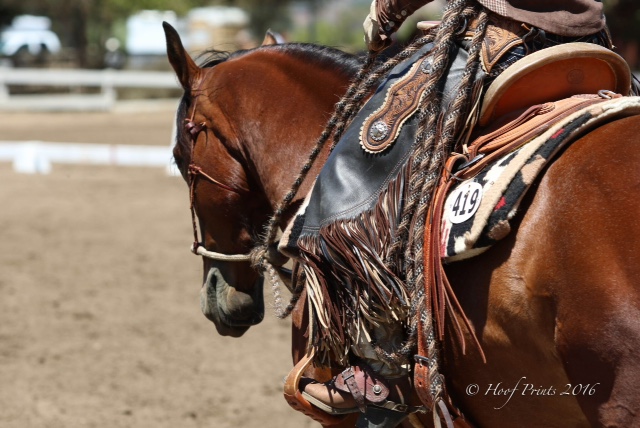Horse Training Tips
7 Horse Trainer Search Tips: Picking the Right Trainer for Your Horse
Beyond anything else, as trainers and guardians of these horses we are so privileged to work with, it is our responsibility to put their welfare above all else. And as Owners and Amateur riders it is YOUR responsibility to “vet” the professionals you entrust your horses to. I have had too many horses come into my program that have been failed by their people. Sometimes out of ignorance but sometimes it comes from a place that has no excuse- greed, impatience, anger and vindictiveness. If you are considering sending your horse to a trainer, a sales barn, etc…. please do your homework. I’ve compiled a list of seven horse trainer search tips but there are probably(definitely) more.
- Ask around for references when trying to find a trainer/instructor.
You can do this by asking at your local tack and feed stores, emailing board members of local horse clubs or, if you compete, going to the local or national affiliate of your chosen sport to see if they have a trainer’s listing. - Visit first.
If possible, physically go to the farm, ranch or stable. Check out the safety of the fences, the quality of the footing, the feed. Do the horses have clean water? Do they look in good weight with balanced, trimmed hooves and gleaming coats? Do they generally look “happy”? If I walk down a row of horses and see ears pinned, stall vices or depressed, head hangers I am a bit wary. Choosing a horse trainer is not just about their expertise, but also about the environment they create for their horses. Now, of course, not every barn is full of happy, problem free horses- especially if that trainer specializes in “problem” horses but you can usually get a good feel from the atmosphere around you. - Ask to watch a lesson or training session.
This will give you a chance to watch the trainer doing what they do in their own environment. One of the most effective horse trainer search tips is that you observe a session to get a sense of the trainer’s style, communication, and how they interact with both the horses and riders. - Then go ahead, you know you want to, Google them! But keep an open mind….you know the old saying believe half of what you see and none of what you hear? The Internet is famous for giving everyone a sounding platform for their opinions. It is also helpful, however, to really fact check show records and competition experience and find pictures or videos of horse’s and/or students that trainer has produced.
- Ask if it is possible for you to be around to watch your horses progress and if your goal is to ride if they are willing to teach you on the horse or if they may have a lesson horse for you to ride while your horse is in “Boot Camp”. This horse trainer search tip is highly recommended as you get to discuss these details upfront to ensure the trainer’s approach aligns with your learning goals and expectations.
- If you send your horse “away” where you cannot visit, as in out of area, ask if you will get photos, videos, updates- when the best time is to expect return phone calls, etc.….Be polite. Trainers, if they are really good, are spending most of their time on their horses and not, contrary to popular belief, talking about it on the Internet or on their iPhone. I always get a red flag when I see horse trainers online, all of the time.
- Very important horse trainer search tip – have everything in writing!
Most reputable trainers have great horse training skills; some also happen to be great business people- but rarely have I met those skilled at both. However, most seasoned professionals know this, and they will have a competent barn manager, assistant or spouse in charge of the day to day. When choosing a horse trainer, it is important to understand that a basic written agreement stating the services they will provide, prices for such, a summary of your goals for you and/or your horse is really not that complicated to construct. It will take any guesswork out of the process and provide protection from all involved. Do. Not. Skip. This.

